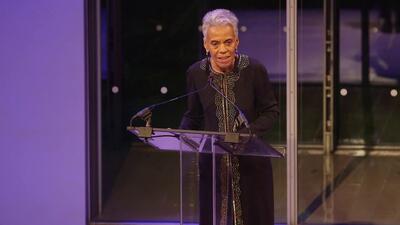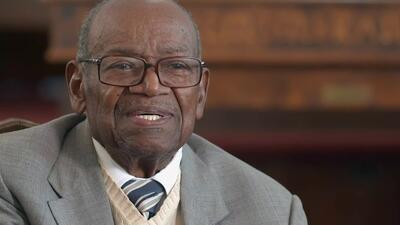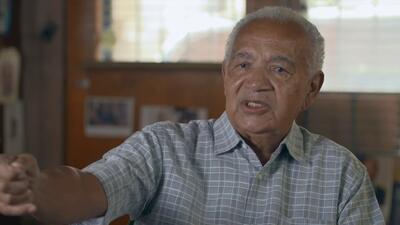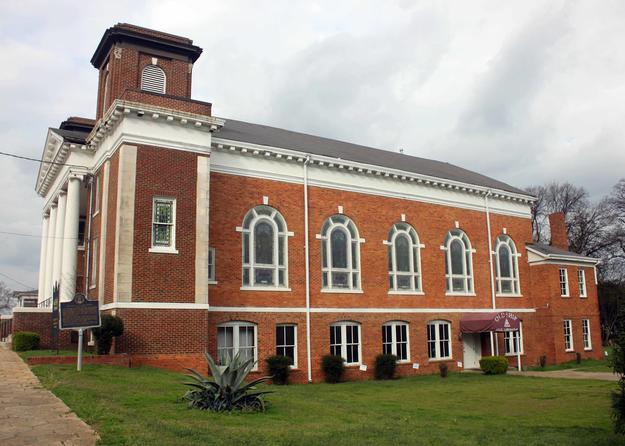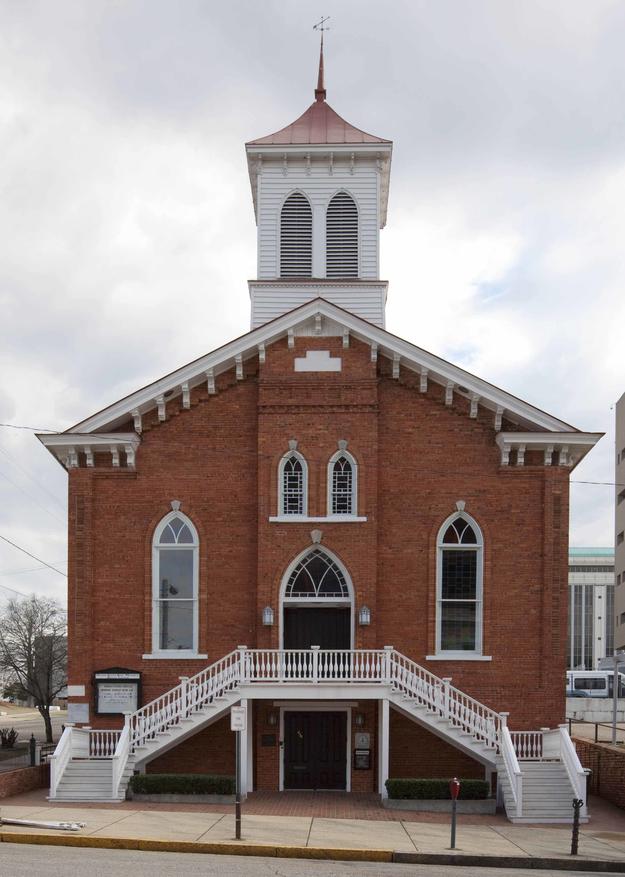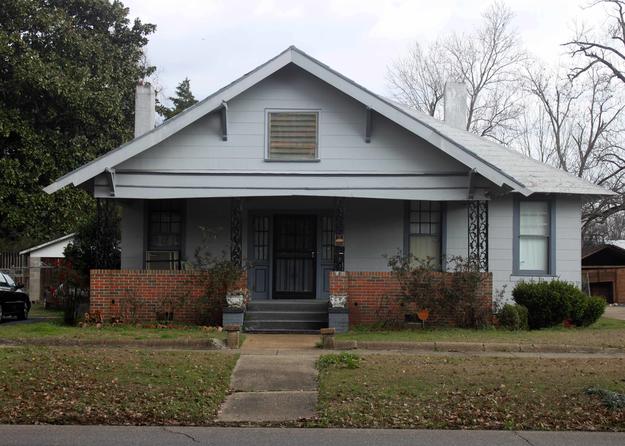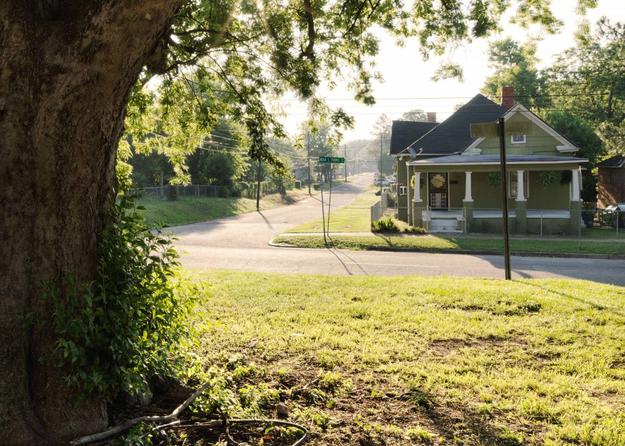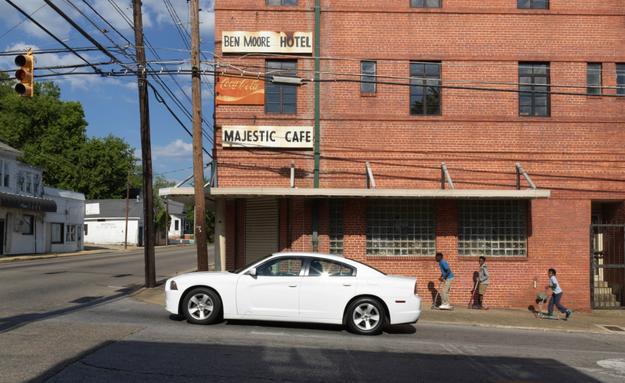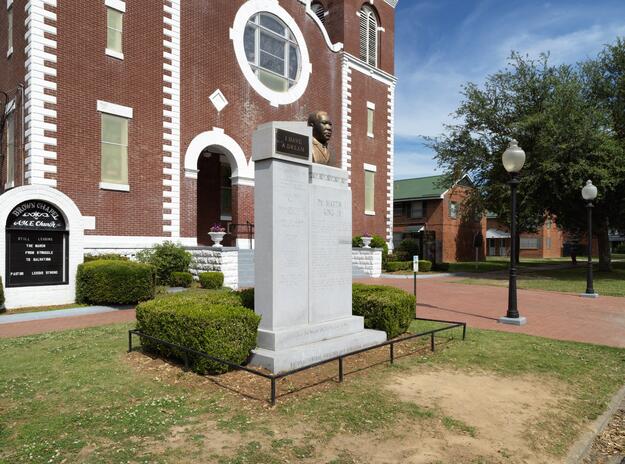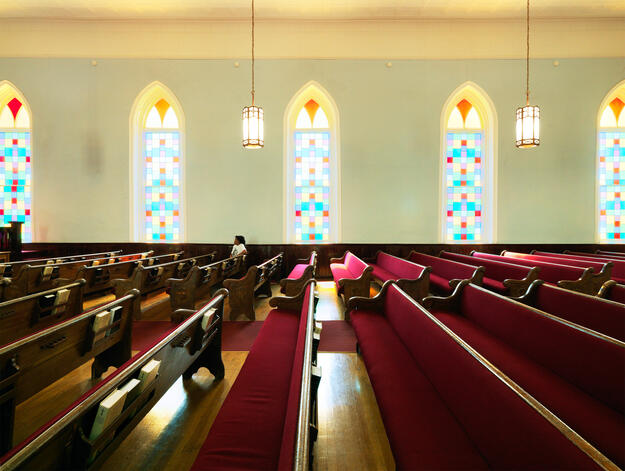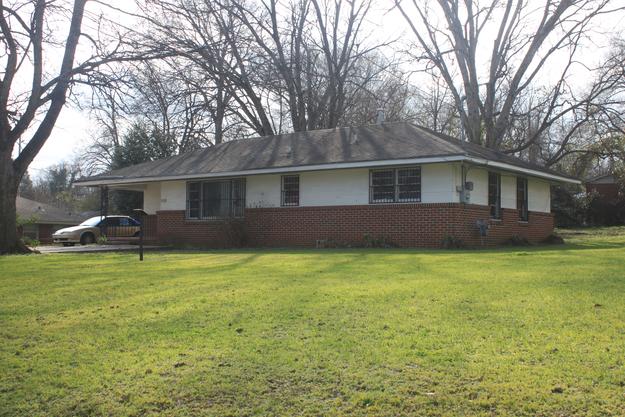Alabama Civil Rights Sites
Site History and Significance
Physical Reminders of the U.S. Civil Rights Movement
The civil rights movement in the United States was a long-fought struggle for social change justice. During the 1950s and 1960s, civil rights activists advocated for equality through voting rights, access to education and fair housing policies, and protections against discrimination in the American South. Throughout Alabama, churches and other meeting spaces, private houses, and public accommodations survive as physical reminders of this story.
While some of the sites associated with the civil rights movement are well-known landmarks and others have been repurposed as museums, many more do not receive the same recognition despite their significant role. These places include meeting halls located in Montgomery, the birthplace of the civil rights movement in Alabama; Selma, the battleground to secure and protect voting rights for African Americans; and elsewhere throughout Alabama and the South.
Now, site owners, stewards, advocates, and other stakeholders are coming together through the Alabama African American Civil Rights Heritage Sites Consortium to discuss and collectively address the challenges facing the protection and preservation of those places.
Limited Resources
Today, many public and private sites must cope with limited resources for maintenance. Places of worship see declining membership and support, and homes owned by the descendants of civil rights heroes that were never intended to be managed as heritage destinations are not equipped to accommodate visitors. In addition, in the decades since the civil rights movement, many sites have had to contend with the harmful impacts of modern planning, including urban renewal and the interstate highway program, which upended entire communities. And while several sites have been awarded funds through the African American Civil Rights Grant Program of the U.S. National Park Service in 2016 and 2017, future funding for this vital grant program is uncertain.
Our Involvement
2018 World Monuments Watch
The Alabama Civil Rights Sites were included on the 2018 World Monuments Watch to spotlight the local efforts of BCRI and encourage further stakeholder engagement. By supporting the creation of a consortium of sites, Watch designation helped maximize the effect of individual efforts to achieve sustainable preservation and demonstrate the positive social role of identifying, recognizing, and conserving these socially significant places. Through the 2018 Watch, World Monuments Fund (WMF) also called for greater recognition of the heritage of other movements for equality that have left their mark on American society to ensure that the places we preserve tell the whole story of our diversity.
Voices of Alabama: An Oral History Project
Following inclusion on the Watch, a consortium was formed to identify and steward the sites, now known as the Alabama African American Civil Rights Heritage Sites Consortium (AAACRHSC). In September 2019, in collaboration with BCRI and AAACRHSC, WMF launched an oral history project to document the 20 sites in the consortium that played significant roles in the African American struggle for freedom—not just during the civil rights movement but beginning in Reconstruction. Voices of Alabama allows users to explore each site from AAACRHSC through video, image, timeline, and map content.
Google Arts & Culture
The Alabama Civil Rights Sites are featured in a collection of immersive Google Arts & Culture exhibits entitled The Black Atlantic. To view the exhibits related to the Alabama Civil Rights Sites, click here.
Learn More
World Monuments Fund safeguards cultural heritage around the globe, ensuring our treasured places are preserved for present and future generations.
Sign up for our newsletter to receive regular updates on our projects, stories from the field, upcoming events, and more!
![]()
Videos
